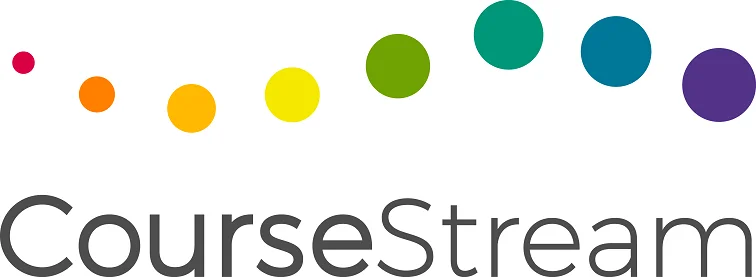


Why Study this Educational Psychology Course?
Have you ever asked yourself how you process information, how you learn, and what suitable method is needed to cater one’s individual needs? Ask no more! This online educational psychology course will answer that and more. This course will give you the theories and practices necessary for educational psychology such as processes involved in memory loss and retention, relevance of constructivist learning in education and the way to apply motivation in learning.
Study Educational Psychology Online
Learn the underlying principles of educational psychology.
Do you need to understand theories of learning? Suitable for anyone involved in teaching, instructional designer and education who wants to know more about the theories of education and learning.
Study how and why people learn, and how to apply that learning to bring about changes in people of all ages. This Educational Psychology Course Online will benefit a wide range of people, from parents (understanding of how their children develop) to teachers/trainers and welfare workers or leisure professionals (eg. youth leaders).
Gain and indepth understanding of the psychological underpinnings of educational psychology and pedagogy.
Course Aims
- Discuss theories of development and learning.
- Explain behavioural theories of learning
- Describe how Information Processing Model Works
- Describe processes involved in memory loss and retention
- Describe different methods of effective instruction to cater for individual needs.
- Explain the relevance of constructivist learning in education
- Differentiate definitions of motivation and the application of motivation to learning.
Course Structure
There are 7 lessons in this course:
- Introduction -Development & Learning Theory
- Piaget’s Theory of Cognitive Development
- Schemes
- Assimilation and Accommodation
- Equilibration
- Piaget’s Stages of Development.
- Behavioural Learning
- The Evolution of Behavioural Theories of Learning
- Thorndike’s Theory of the Law of Effect
- Skinner’s Theory of Operant Conditioning
- Principles of Behavioural Learning; Reinforcers
- Positive and Negative Reinforcement
- The Premack Principle
- Information Processing
- Information Processing Theory
- A Model of Information Processing
- Perception
- Gestalt Psychology
- Attention
- Short-Term Memory
- Long-Term Memory
- Division of Long-Term Memory
- Memory Retention & Loss
- Remembering and Forgetting
- Interference
- Inhibition and Facilitation
- Primacy and Recency
- Learning Strategies
- Individual Needs
- Effective Instruction
- The QAIT Model
- Quality of Instruction
- Appropriate Levels of Instruction
- Incentive;Time
- Between-Class Ability Grouping
- Within Class Ability Grouping
- Effective Use of Ability Groups
- Mastery Learning
- Outcomes-Based Education
- Individualised Instruction
- Constructivist Learning
- What is the Constructivist View
- Top Down or Bottom Up Processing
- Generative Learning
- Discovery Learning
- Reception Learning
- Activating Prior Knowledge
- Motivation
- Intrinsic Motivation
- Extrinsic Motivation
- Factors Affecting Motivation
- Motivational Theories
- Behavioural Learning Theory
- Human Needs Theory; Dissonance Theory
- Cognitive Dissonance Theory
- Personality Theory
- Attribution Theory Expectancy Theory;
- Improving Motivation
- Nurturing Interest/Curiosity
- Providing Incentive to Learn
Enrol Now
- Experienced Tutor support
- Certificate sent to you
- Online study (Printed notes available)
- Self paced - no set timetable
- 12 months to complete course
From: $25.00 / week for 26 weeks
Get a Free Info Pack!









